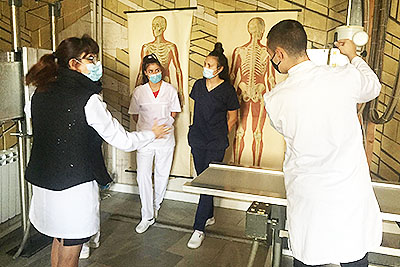-
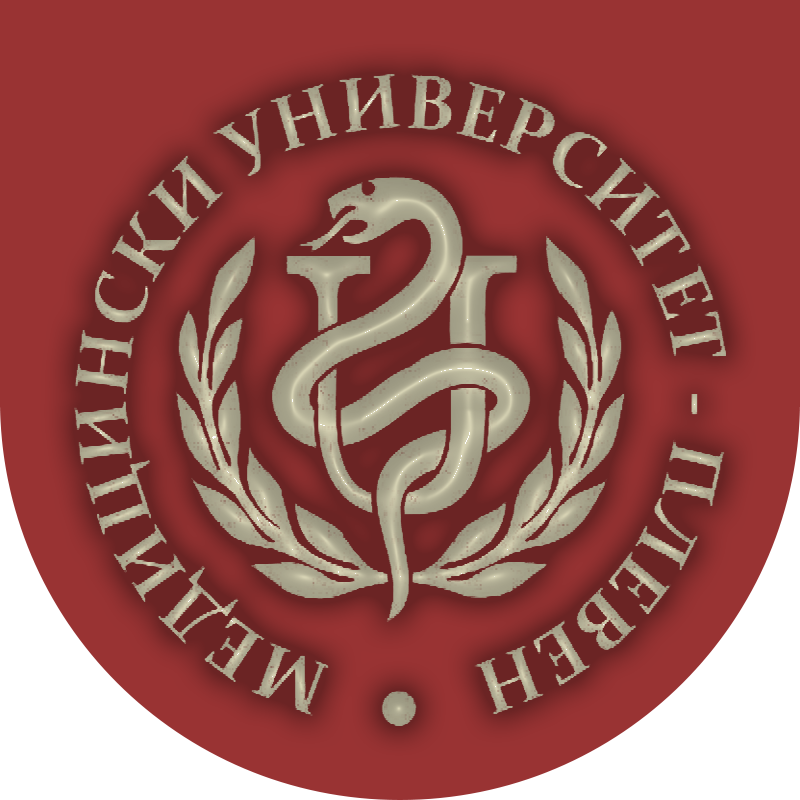
- News and Events
- About MU-Pleven
- Why study at MU-Pleven
- Management
- Governing body
- Directions
- Learning activity
- Scientific Activity
- Quality of Teaching and Accreditation
- International Activity
- University-Hospital Coordination
- Structural Units
- Service Units
- Library
- Publishing Center and Printing Base
- International Students Center
- Career Development Center
- Electronic and Distance Learning
- Information Services Center
- Postgraduate Learning Center
- Educational Activity Department
- Financial Department
- Economic Directorate
- Human Resources Department
- Public Relations
- Regulations
- Admission
- Learning
- Scientific Activity
- International and Project Activity
- News and Events
- About MU-Pleven
- Why study at MU-Pleven
- Management
- Governing body
- Directions
- Learning activity
- Scientific Activity
- Quality of Teaching and Accreditation
- International and Project Activity
- University-Hospital Coordination
- Structural Units
- Service Units
- Library
- Publishing Center and Printing Base
- International Students Center
- Career Development Center
- Electronic and Distance Learning
- Information Services Center
- Postgraduate Learning Center
- Educational Activity Department
- Financial Department
- Economic Directorate
- Human Resources Department
- Public Relations
- Regulations
- Admission
- Learning
- Scientific Activity
- International and Project Activity
- Accreditation
- Specialties
- Structural Units
- Library









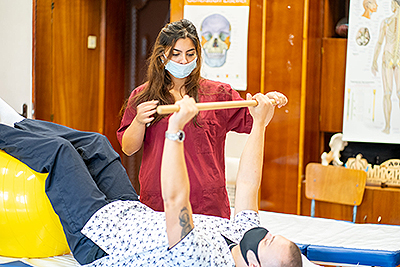
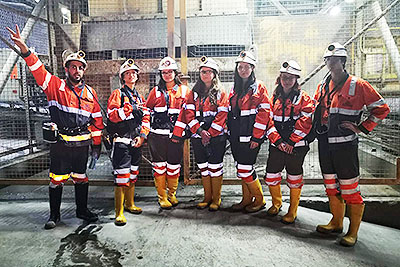


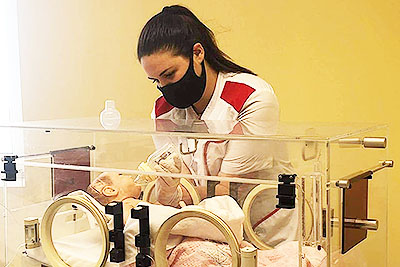
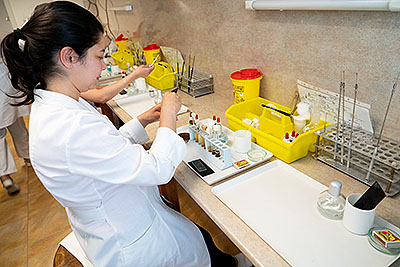

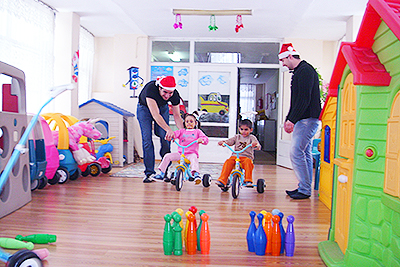

.jpg)

